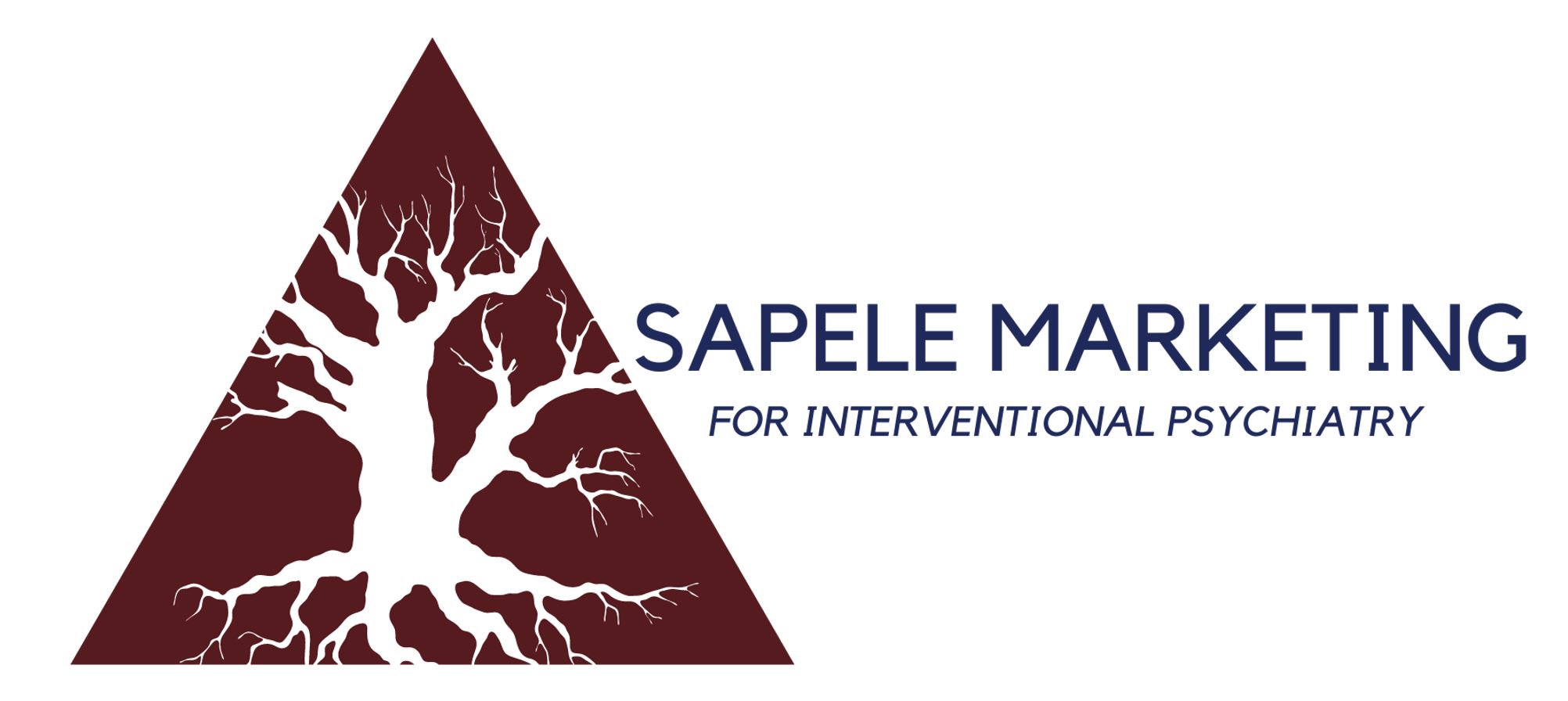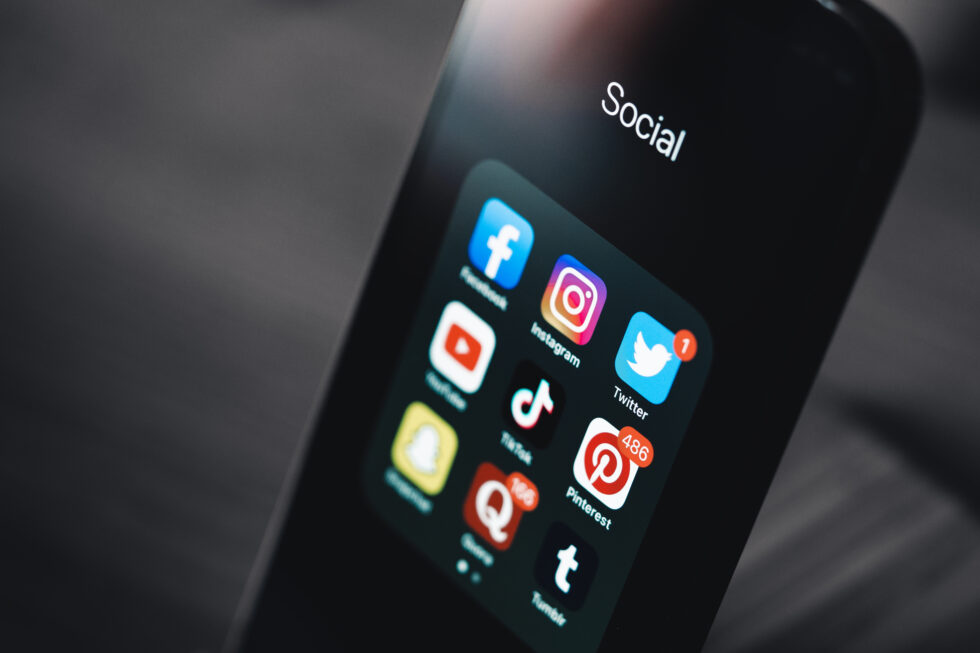Social media offers many benefits to physicians, such as professional networking, patient education, and staying updated on medical advancements. However, it also has a dark side, particularly concerning professional and personal risks. Here’s a look at the challenges and ways physicians can protect themselves:
- Breach of Patient Confidentiality:
- Risks: Unintentionally sharing patient information or identifiable details can violate HIPAA (Health Insurance Portability and Accountability Act) regulations, leading to legal issues and damage to reputation.
- Examples: Posting patient stories, even anonymously, can sometimes lead to identification if enough details are given.
- Professional Boundaries:
- Risks: Social media can blur the lines between personal and professional lives. Patients might attempt to connect with physicians on personal platforms, leading to ethical dilemmas and potential boundary violations.
- Examples: Patients might send friend requests or follow physicians on platforms like Facebook or Instagram, which can complicate the professional relationship.
- Misinformation and Public Scrutiny:
- Risks: Posting medical information can lead to backlash if the advice is taken out of context, misunderstood, or disputed by others online. Physicians might also face online harassment or negative reviews.
- Examples: A tweet about a controversial medical topic can result in hostile responses or even organized online attacks.
- Reputation Management:
- Risks: Negative comments, reviews, or malicious content can damage a physician’s professional reputation. A single mistake or misinterpreted post can have long-lasting consequences.
- Examples: Patients or others might leave defamatory reviews on public profiles, affecting the physician’s credibility.
- Legal and Ethical Risks:
- Risks: Physicians might unknowingly engage in discussions that could be construed as providing medical advice, leading to potential liability.
- Examples: Responding to a patient’s medical question on a public forum could be interpreted as a formal consultation, which may have legal implications.
How Physicians Can Protect Themselves
- Maintain Professional Boundaries:
- Action Steps:
- Use separate accounts for professional and personal use.
- Avoid accepting friend requests from patients on personal social media platforms.
- Set clear privacy settings to control who can see your posts.
- Action Steps:
- Adhere to HIPAA Guidelines:
- Action Steps:
- Never share patient information or identifiable details online.
- Avoid discussing specific patient cases in public forums, even if anonymized.
- Action Steps:
- Be Mindful of Content:
- Action Steps:
- Review and edit posts for clarity and accuracy before sharing, particularly medical content.
- Avoid engaging in controversial topics that could attract unwanted attention unless absolutely necessary and done with care.
- Use disclaimers stating that social media content is not a substitute for professional medical advice.
- Action Steps:
- Monitor and Manage Your Online Reputation:
- Action Steps:
- Regularly search for your name online to monitor what is being said about you.
- Address negative comments or reviews professionally and, when appropriate, seek legal advice if defamation is suspected.
- Consider using online reputation management services to handle your digital presence.
- Action Steps:
- Engage Wisely and Professionally:
- Action Steps:
- Engage in discussions with a focus on education and public health rather than individual advice.
- Be cautious when sharing opinions, ensuring they are evidence-based and in line with professional standards.
- Action Steps:
- Stay Updated on Legal and Ethical Standards:
- Action Steps:
- Keep up-to-date with the latest guidelines from medical boards, associations, and legal bodies regarding social media use.
- Attend training sessions or workshops on social media best practices for healthcare professionals.
- Action Steps:
- Use Secure Platforms for Patient Interaction:
- Action Steps:
- If interacting with patients online, use secure, HIPAA-compliant platforms designed for telemedicine or patient communication.
- Avoid using general social media for patient communications.
- Action Steps:
By being aware of the potential risks and implementing strategies to mitigate them, physicians can leverage social media effectively while safeguarding their professional integrity and patient trust.

